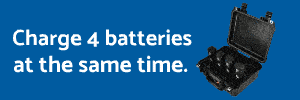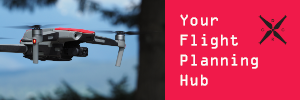- Joined
- May 20, 2015
- Messages
- 17
- Reaction score
- 17
- Age
- 67
I see news articles occasionally about land owners calling the police when a drone flies over "private property.” Yet no one seems to call the police when United Airlines flies over private property.
Is there a limit to private property ownership in the Z-axis (measured in feet)? If so, wouldn’t that mean that all airspace is open for drones except where specifically restricted or prohibited by the FAA?
I’m confused about this and would like to find an answer.
Is there a limit to private property ownership in the Z-axis (measured in feet)? If so, wouldn’t that mean that all airspace is open for drones except where specifically restricted or prohibited by the FAA?
I’m confused about this and would like to find an answer.







